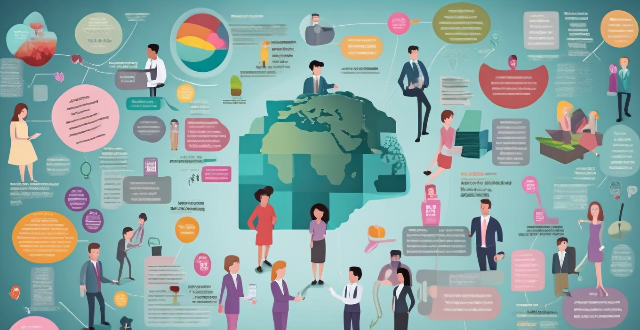Privacy rights vary across countries and cultures due to differences in legal frameworks, cultural norms, and technological advancements. The United States protects privacy through federal and state laws, while Europe has a unified approach with the General Data Protection Regulation (GDPR). Asia has varying levels of protection, with some countries prioritizing national security over individual privacy concerns. Cultural norms also play a significant role, with individualistic cultures valuing personal privacy more than collectivist ones. Technology advancements have raised new questions about protecting privacy, including surveillance technologies and online tracking practices. Understanding these differences is essential for developing effective strategies to protect privacy both domestically and internationally.

Privacy Rights Across Countries and Cultures
Privacy rights are a fundamental aspect of modern society, yet they vary significantly across different countries and cultures. These differences can be attributed to historical, political, and social factors that shape the way privacy is perceived and protected in each region. In this discussion, we will explore how privacy rights differ across countries and cultures, highlighting key aspects such as legal frameworks, cultural norms, and technological advancements.
Legal Frameworks
The legal framework for privacy rights varies widely across countries and cultures. Some countries have comprehensive laws that protect individual privacy, while others have limited or no protections in place.
United States
In the United States, privacy rights are primarily protected through a combination of federal and state laws, as well as court rulings. The Constitution does not explicitly mention a right to privacy, but the Supreme Court has recognized it as a fundamental right under the Due Process Clause of the Fourteenth Amendment. Key federal laws include the Health Insurance Portability and Accountability Act (HIPAA), the Children's Online Privacy Protection Act (COPPA), and the Family Educational Rights and Privacy Act (FERPA).
Europe
Europe has a more unified approach to privacy rights, with the General Data Protection Regulation (GDPR) serving as the primary legal framework. The GDPR provides strong protections for individuals' personal data, including the right to access, correct, and delete their information. It also imposes strict requirements on organizations that handle personal data, such as obtaining explicit consent from individuals before collecting their information.
Asia
Privacy rights in Asia vary widely by country. Some nations, like Japan and South Korea, have robust legal frameworks similar to those in Europe. Others, like China, have less stringent protections and may prioritize national security over individual privacy concerns. For example, China's Cybersecurity Law requires companies to store and process data within the country, potentially limiting access to foreign-based services.
Cultural Norms
Cultural norms play a significant role in shaping attitudes towards privacy across different countries and cultures. These norms can influence how people perceive privacy, what they consider private information, and how they expect their privacy to be protected.
Individualism vs. Collectivism
In individualistic cultures, such as those found in Western societies, privacy is often viewed as an essential component of personal autonomy and freedom. People in these cultures may be more likely to value their own privacy and expect strong legal protections for it. In contrast, collectivist cultures prioritize group harmony and may view privacy differently. For example, some Asian cultures emphasize communal values over individual ones, which could lead to a greater acceptance of shared spaces and less emphasis on personal privacy.
Technology Advancements
The rapid pace of technological advancements has had a significant impact on privacy rights around the world. As new technologies emerge, they often raise new questions about how best to protect individuals' privacy while still allowing innovation to flourish.
Surveillance Technologies
Surveillance technologies, such as closed-circuit television (CCTV) cameras and facial recognition software, have become increasingly prevalent in many countries. While these tools can enhance public safety and security, they also raise concerns about government surveillance and potential violations of individual privacy rights. Some countries have implemented strict regulations on surveillance technologies to balance these competing interests.
Internet Privacy
The internet has transformed the way people communicate and share information, but it has also created new challenges for protecting privacy. Online tracking techniques, such as cookies and web beacons, allow companies to collect vast amounts of data about users' browsing habits and preferences. This data can then be used for targeted advertising or sold to third parties without users' knowledge or consent. Many countries have enacted laws aimed at regulating online tracking practices and giving users more control over their personal information.
Conclusion
Privacy rights vary significantly across different countries and cultures due to a range of factors, including legal frameworks, cultural norms, and technological advancements. Understanding these differences is essential for developing effective strategies to protect privacy both domestically and internationally. By working together to establish common standards and best practices for privacy protection, we can help ensure that everyone enjoys the fundamental right to privacy regardless of where they live or what culture they come from.